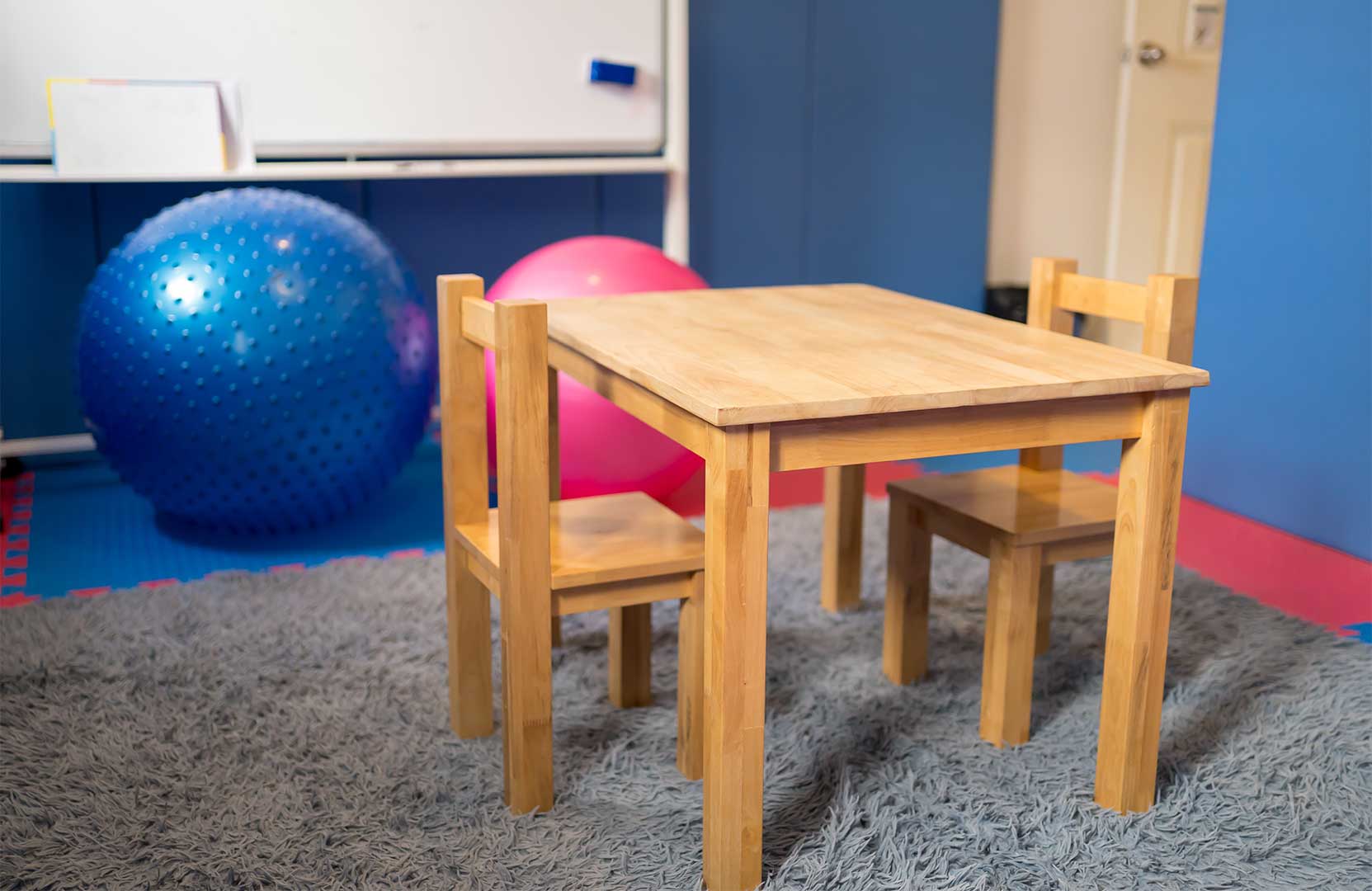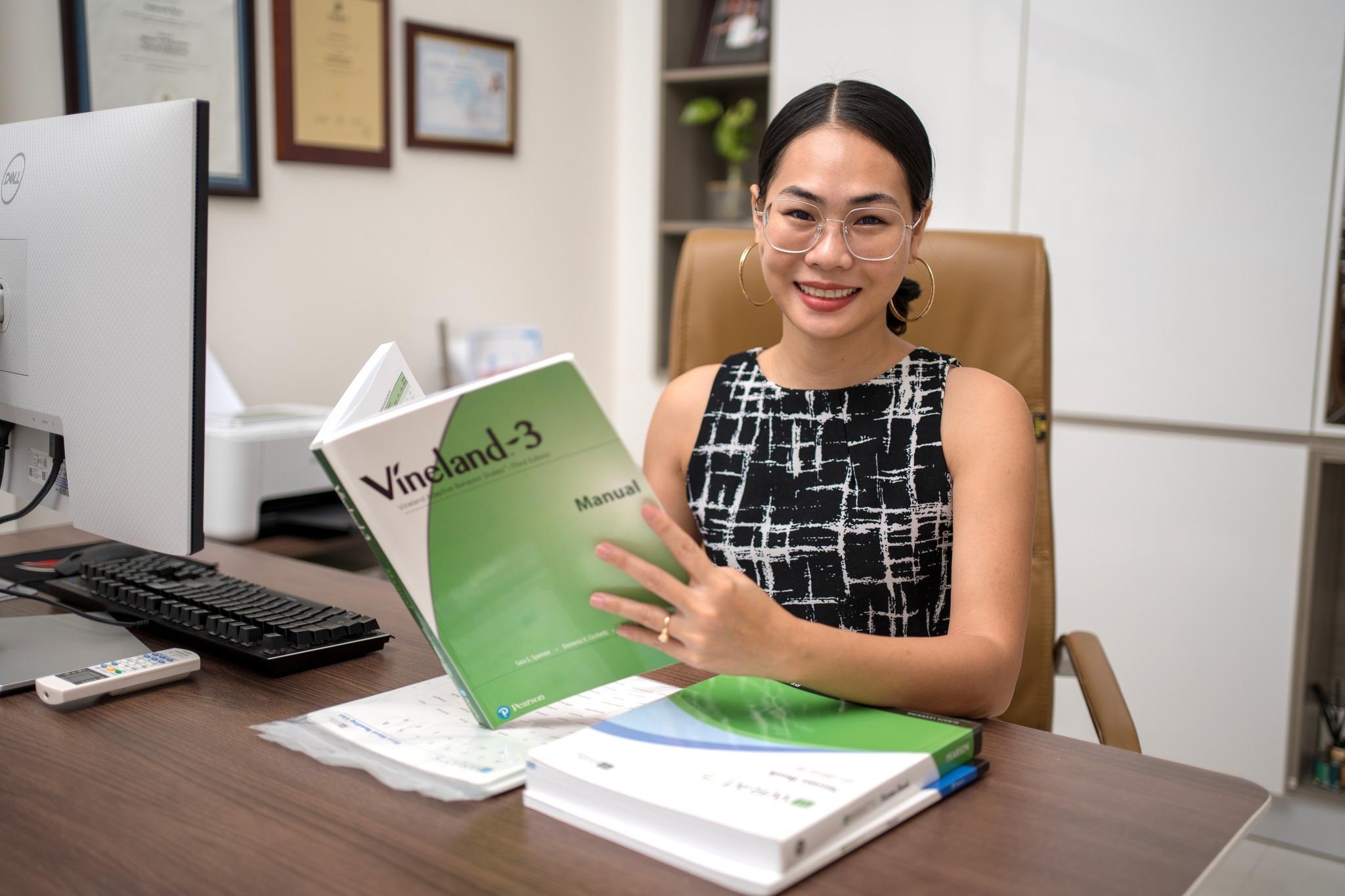A special education assessment is a process of evaluating a child’s learning needs and determining whether they qualify for special education services. Special education services are designed to help children with disabilities reach their full potential.
Types of Special Education Assessments
There are many different types of special education assessments, depending on the child’s needs. Some common types of assessments include:
- Academic assessments: These assessments measure a child’s academic skills in areas such as reading, writing, and math.
- Cognitive assessments: These assessments measure a child’s intellectual abilities, such as problem-solving and reasoning skills.
- Behavioral assessments: These assessments measure a child’s behavior and social-emotional skills.
- Speech and language assessments: These assessments measure a child’s communication skills.
- Adaptive behavior assessments: These assessments measure a child’s ability to function in everyday life.
Purpose of Special Education Assessments
The purpose of a special education assessment is to determine whether a child needs special education services. If a child qualifies for special education services, the assessment will help to develop an individualized education plan (IEP). An IEP is a document that outlines the child’s specific needs and goals, as well as the services that will be provided to help them reach those goals.
Benefits of Special Education Assessments
There are many benefits to special education assessments. Some of the benefits include:
- Early identification: Special education assessments can help to identify children with disabilities early on. This allows for early intervention, which can lead to better outcomes for children.
- Appropriate placement: Special education assessments can help to ensure that children are placed in the appropriate educational setting. This will help them to succeed and reach their full potential.
- Access to services: Special education assessments can help children to access the services they need to succeed. This includes services such as speech therapy, occupational therapy, and physical therapy.
How to Prepare for a Special Education Assessment
If your child is scheduled for a special education assessment, there are a few things you can do to prepare:
- Talk to your child’s teacher: Let your child’s teacher know about the assessment and ask for their input. The teacher can provide information about your child’s academic progress and any concerns they may have.
- Talk to your child: Explain the assessment to your child and answer any questions they may have. Let them know that the assessment is designed to help them get the support they need to succeed.
- Gather information: Gather any relevant information about your child, such as medical records, school reports, and samples of their work. This information can be helpful for the assessor to understand your child’s needs.
What to Expect During a Special Education Assessment
The specific activities involved in a special education assessment will vary depending on the type of assessment being conducted. However, most assessments will include a combination of the following:
- Observation: The assessor will observe your child in their classroom or other setting.
- Interviews: The assessor will interview you and your child’s teacher to learn more about their needs and concerns.
- Testing: The assessor may administer tests to measure your child’s academic skills, cognitive abilities, behavioral skills, speech and language skills, and adaptive behavior.
After a Special Education Assessment
After the special education assessment, the assessor will write a report summarizing their findings. The report will also include recommendations for services or interventions. The report will be shared with you and your child’s teacher.
If the report recommends special education services, you and the school team will meet to develop an IEP. The IEP will outline the child’s specific needs and goals, as well as the services that will be provided to help them reach those goals.
Special education assessments can be a valuable tool for identifying children with disabilities and ensuring that they receive the support they need to succeed. If you have any questions or concerns about special education assessments, please talk to your child’s teacher or a school administrator.
Find out if your child needs extra support today!
- My child screams hysterically
- My child is mean to other children
- My child is always worried
- My child is scared to go to school
- My child is scared of loud noises
- My child doesn’t know how to read
- My child is scared to play outside
- My child does not respond to his name
- My child always gets in trouble
- My child fights with other children
- My child doesn’t know how to count
If you are concerned about your child’s development, contact us for Assessments: Phone/Telegram: 077.455.993 – Telegram Link: https://t.me/OrbRom
If you are concerned about your child’s development, contact us for Assessments.
Phone/Telegram: 077.455.993 Link: https://t.me/OrbRom






Leave A Comment